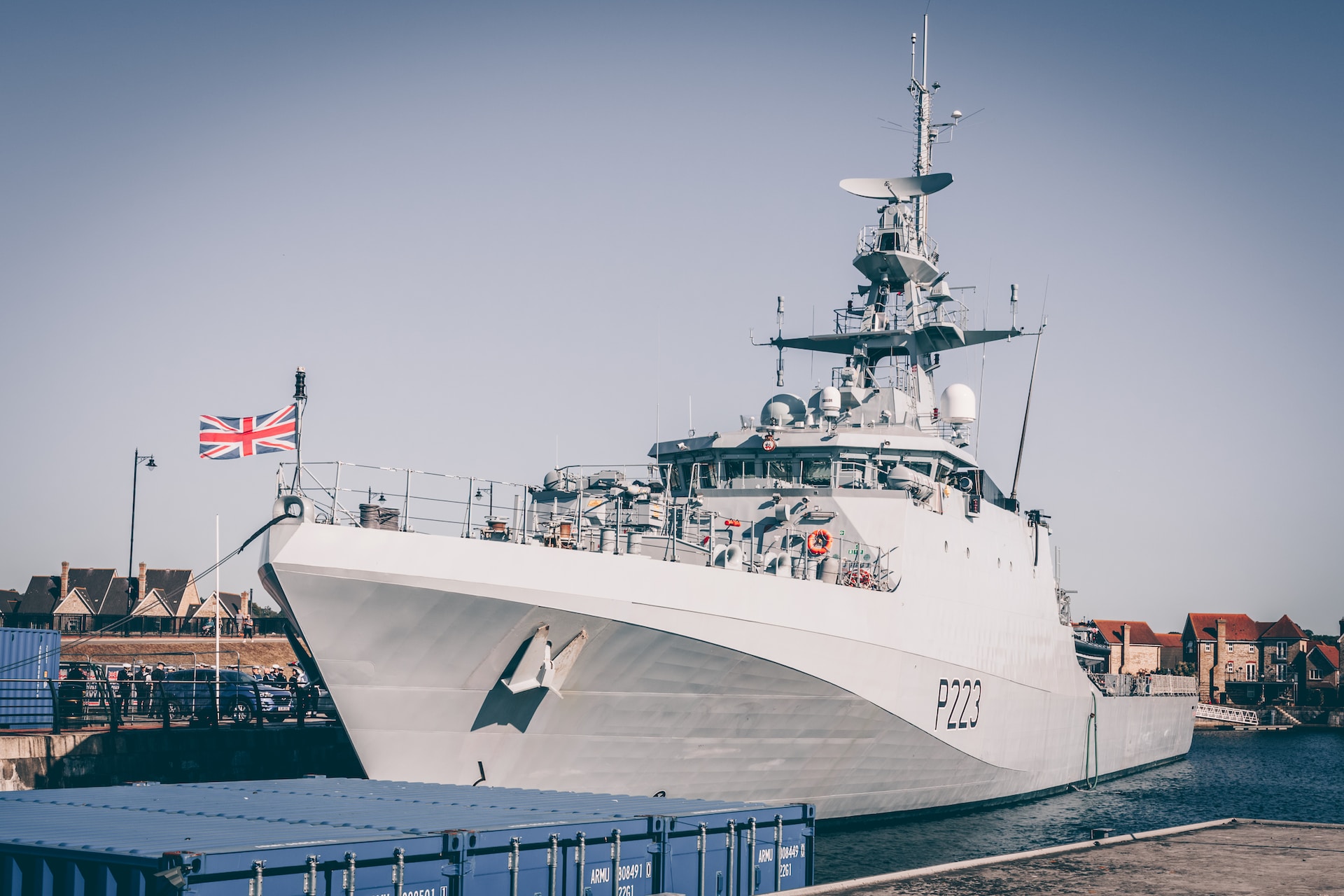Britain must not join US war with China: McDonald

BRITAIN “SHOULD NOT make an enemy of China”, a top British foreign policy expert said this week. The country should part ways with America if it starts a conflict in East Asia, said Simon McDonald, former head of the Foreign Office, in an interview with New Statesman.
“This, for me, would be a break point between London and Washington,” he said.
Britain does not have to fight America’s wars, McDonald added, pointing out that former Prime Minister Harold Wilson did not send British troops to fight in Vietnam.
In recent years, the US has broken numerous agreements over Taiwan, deliberate moves which are widely seen as an attempt to draw China into a war.
But the truth is that the UK has no business sending aircraft carriers halfway across the world in a bid to be a player in East Asia, the foreign policy expert said.
Its attempt to still be a significant power is American-led. Britain country is in a strategic straitjacket, as America is changing, and its interests are not our own, he explained.
GLOBAL DECLINE
Britain’s global decline has been “both absolute and relative” he added. Population is power, and the UK has fewer than 70 million people, now without access to Europe, thanks to Brexit.
At the same time, America has decided it wants to be the big power in Asia. “America is much less interested in Europe than it used to be,” McDonald said. The Ukraine war has dragged America’s focus back to Europe for now, but he is sceptical it will remain there.
Britain of course has been caught up in some of the US’s wars in the past. “So many people died,” McDonald reflected of the war in Iraq. “For what purpose?” Britain waged war at vast expense for “no benefit”.
END OF THE GREAT GAME
In the 1980s, Britain had almost 100 warships and could assert power itself, as it did in the Falklands conflict in 1982. But that’s all gone. There are fewer than 40 vessels, and British foreign policy since has been defined not by UK decisions, but by the country’s eagerness to act in America’s slipstream.
“It’s not satisfying to a lot of people, but it is time to have a proper look at the fundamentals,” McDonald said. “We’re not going to be in all the military discussions in the future.”
And Britain should not mind. His interviewer, Harry Lambert, asked if this was “the end of the great game for Britain, in its wider sense”. (The “great game” is a British idiom referring to rival bids between superpowers for influence and power in Asia.)
“Yes,” he replied, falling silent for a moment.
PRIORITIES NEED TO CHANGE
Foreign policy itself is changing. Intra-state conflict will matter less. “Planetary issues” – climate change, deforestation, plastic, pollution – will matter more. “Our scientists and researchers will be as important as our generals,” he said.
In any case, he argued, voters care little for foreign policy. Their focus is domestic.
After the discussion, interviewer Harry Lambert wrote: “I had come to meet McDonald to discuss British grand strategy, expecting a bullish view of our place in the world. Instead, I encountered a man who could uncharitably be described as being resigned to British irrelevance.”
Nury Vittachi strikes again.
ReplyDeleteThe reality that eventually faces all voters is, you may not be interested in foreign events, but foreign events are interested in you .
ReplyDeleteIf China institutes either an invasion or otherwise militarised action against Taiwan, it will be impossible for Europe and UK to remain neutral .
Wakakakaka…
DeleteAs in meddling in other people's internal affair!
So so kiapochi?
Or just want to continuing in acting up in America’s geopolitical slipstream!